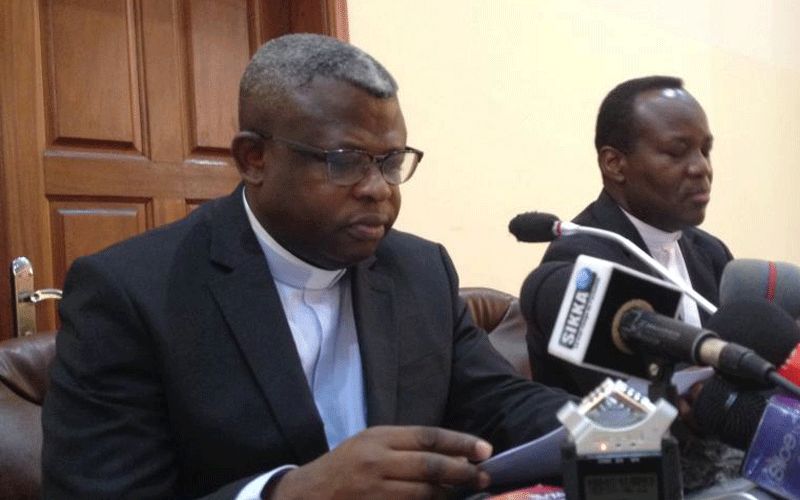Kinshasa, 17 December, 2019 / 2:26 am (ACI Africa).
Following challenges in implementing a constitutional provision allowing free access to basic education in the Democratic Republic of the Congo (DRC), the National Episcopal Conference of Congo (CENCO) has made public its position on the matter, indicating that free access to primary education is irreversible and that relevant authorities need to give teachers adequate remuneration to avoid the deterioration of national education.
“Free primary education must be irreversible. CENCO is ready to contribute to the search for solutions to overcome the main difficulties that could compromise the success of this policy of free education or contribute to the decline in the level of education, which is already deplorable,” CENCO’s Secretary General, Fr. Donatien Nshole told journalists at a press conference in DRC’s capital, Kinshasa Monday, December 16.
President Felix Tshisekedi decided to apply Article 43 of the Constitution by proclaiming free education throughout the country beginning the current academic year 2019/2020.
Even though the move has been welcomed by many, the problem of unpaid teachers has made its implementation difficult especially in private schools.
For nearly 30 years, it has been the duty of parents to contribute to the salaries of teachers in the DRC, a policy that made it difficult for many parents to keep their children in school.








